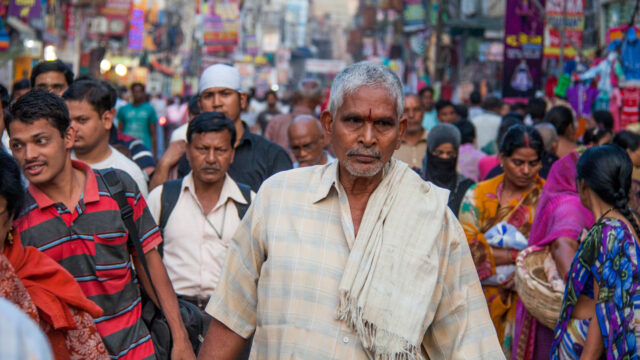China to allow delayed retirement to combat population woes
China will gradually raise its statutory retirement age, now among the world's lowest, to allow people to work longer, as it struggles to relieve soaring pressure on pension budgets, with many provinces already facing deficits. The reform is urgent, with life expectancy having risen in China to 78 years by 2021 from about 44 years in 1960, outstripping the United States, and is projected to exceed 80 years by 2050. Sunday's announcement came in a key policy document that also rolled...










